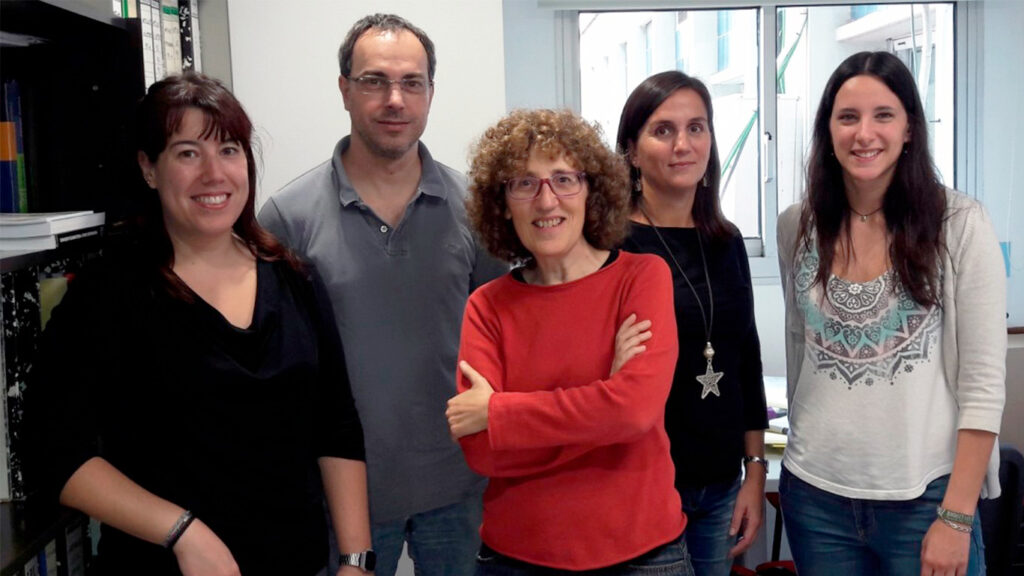Cystinuria is an inherited genetic disease that affects 1 in 7,000 people. It is characterized by the recurrent appearance of cystine stones in the kidney and urinary tract throughout the patient’s life, which causes a deterioration in their renal function and consequently in their quality of life. As of today, there is no effective treatment for cystinuria, since the available drugs do not work in all patients or generate too many side effects.
Now, a project led by the IDIBELL Human Molecular Genetics group has shown that the preventive and chronic administration of the antioxidant L-Ergothioneine in the mouse model of this disease reduced the number of mice with symptoms or delayed their onset.
This work, published in the journal Redox Biology, has been directed by Dr. Virginia Nunes, IDIBELL researcher and professor in the Department of Physiological Sciences of the Faculty of Medicine and Health Sciences of the University of Barcelona. The list of collaborators include researchers from the groups led by Rafa Artuch, Gloria Garrabou and Federico Pallardó from the Center for Rare Diseases Network Biomedical Research (CIBERER), Pablo Garcia-Roves also from IDIBELL and the University of Barcelona, and Amadeu Llebaria from the Institut of Advanced Chemistry of Catalonia (IQAC-CSIC).
“L-Ergothioneine is a natural antioxidant that we get from the diet and that the FDA has listed as safe at doses much higher than those used in these mice,” explains Dr. Nunes. “This compound increases the solubility of cystine in the urine, thus preventing its precipitation and stone formation. In addition, after treatment, we observed the recovery of antioxidant levels and renal mitochondrial function”, adds Dr. Clara Mayayo-Vallverdú, IDIBELL and UB researcher, and first author of the article.
In fact, preliminary results of this work allowed L-Ergothioneine to be designated as an orphan drug for the treatment of cystinuria by the European Medicines Agency (EMA) in 2021. With the publication of these results, Dr. Nunes’s team provides more evidence on the potential of this antioxidant to prevent the formation of cystine stones in order to initiate a clinical trial for its validation.
The study has been financed by the Carlos III Health Institute and the Fundació la Marató de TV3.
The Bellvitge Biomedical Research Institute (IDIBELL) is a biomedical research center created in 2004. It is participated by the Bellvitge University Hospital and the Viladecans Hospital of the Catalan Institute of Health, the Catalan Institute of Oncology, the University of Barcelona and the City Council of L’Hospitalet de Llobregat.
IDIBELL is a member of the Campus of International Excellence of the University of Barcelona HUBc and is part of the CERCA institution of the Generalitat de Catalunya. In 2009 it became one of the first five Spanish research centers accredited as a health research institute by the Carlos III Health Institute. In addition, it is part of the “HR Excellence in Research” program of the European Union and is a member of EATRIS and REGIC. Since 2018, IDIBELL has been an Accredited Center of the AECC Scientific Foundation (FCAECC).

